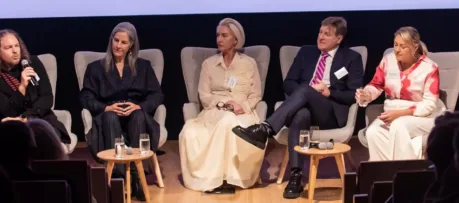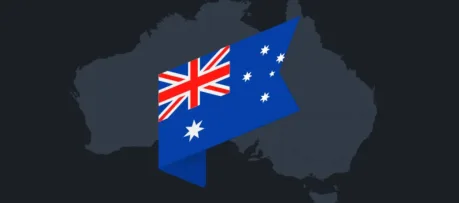What to do when a loved one dies
Having a loved one die can be a daunting experience. On top of grieving for your loss, there are numerous other things that have to be done, such as notifying governmental bodies and institutions of the estate, and administration of their estate. In this regard, an estate is all the assets and liabilities that your loved one had at the time of their death.
Each person is different, so too will be the people you will need to notify as a result of the deceased’s death. Whilst we recommend that you start by telling family and friends, we have prepared a list of people and departments we recommend you should notify, which can be found through the following link: Contact List
You should also:
- Check if the deceased is an organ donor. If you are unsure we recommend that you ask the hospital to check by accessing the Australian Organ Donor Registry at https://www.servicesaustralia.gov.au/individuals/services/medicare/australian-organ-donor-register
- Check for a will and important documents (often a will is kept with a person’s solicitor). If there is a will, it will determine who will act on behalf of the deceased and tell you what their final wishes were.
- Check that there are care arrangements in place for any dependant children or family members. This information may be in the person’s will or with their former solicitor.
If the deceased was in the Defence Force, or the partner of a veteran, the Department of Veteran Affairs may assist with some of the costs or arrange the funeral services.
Additionally, whilst most banks generally require a grant of Probate or Letters of Administration before allowing access to the deceased’s accounts, some banks will allow funeral payments to be made in lieu of such grants. We suggest contacting the deceased’s bank to determine whether they offer this service.

What to do when a loved one dies
Registering the death
The deceased’s death must be registered with the NSW Registry of Births, Deaths and Marriages who will then issue a death certificate. If you are holding a funeral for the deceased, or otherwise engaging a Funeral Director, your Funeral Director will usually organise this with the NSW Registry of Births, Deaths and Marriages on your behalf.
If you are not engaging a Funeral Director, we recommend that you check the NSW Registry of Births, Deaths and Marriages requirements, which can be located on their website.
The deceased’s estate
In most cases you will require a grant from the Supreme Court of NSW before dealing with the deceased’s estate, which includes making any distributions.
An application for a grant is made by either the executor (appointed by the will), or an Administrator (the best person suited, such as the deceased’s spouse or child).
Determining what type of grant is required is also dependant upon whether the deceased left a will, as a will is required for a grant of Probate (and beneficiaries are named in the will), whilst a grant of Letters of Administration is sought where there is no will (and beneficiaries will be determined by statute).
Applications for a grant of Probate or Letters of Administration are often prepared by a solicitor on behalf of the executor or administrator.
Do not hesitate to contact our team if you would like us to prepare a grant of Probate or Letters of Administration on behalf of an estate, or for any other assistance with your duties as an executor or administrator.




